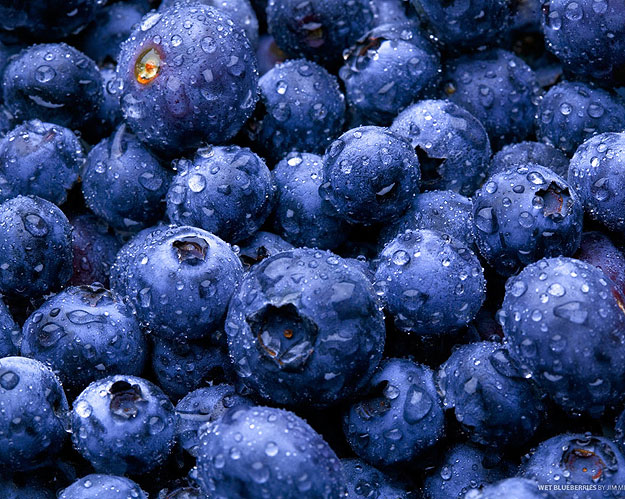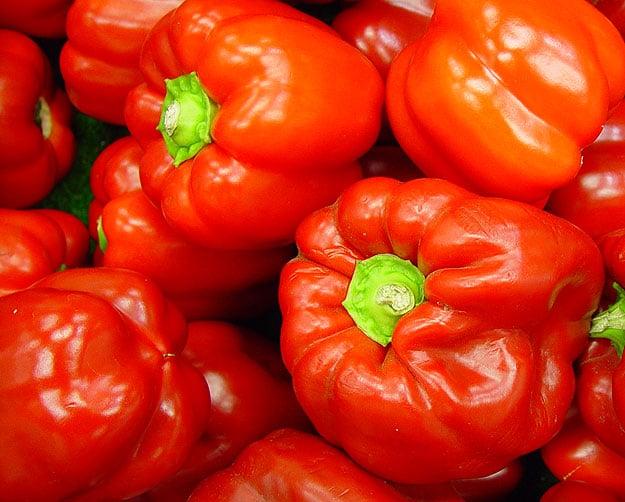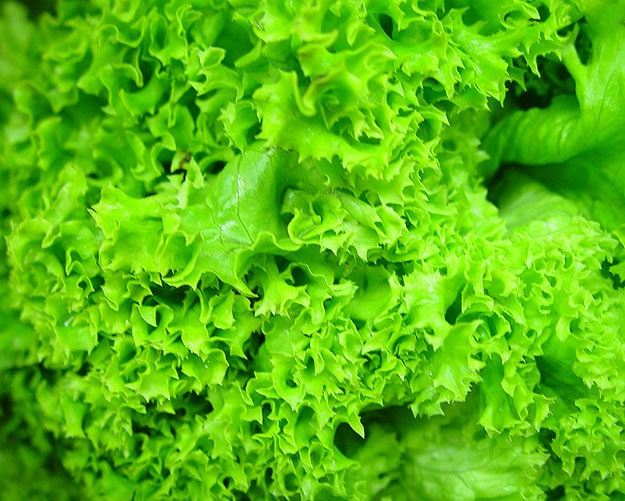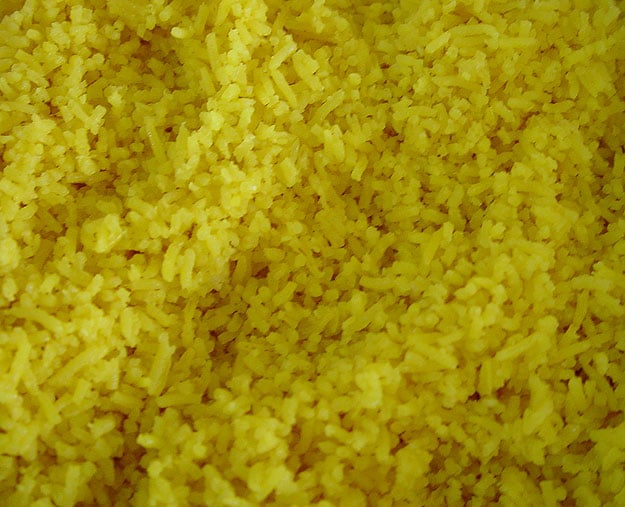I know what you are thinking, and yes, this is nuts. However, it’s nuts and it’s true, so if you are into new technologies, you will love this! We often talk about how technology is moving at the speed of light, and this is a perfect example of that. This is something that wouldn’t have even been conceivable a few years ago, but a team in the Cornell University’s Computational Synthesis Lab (CCSL) is very close to having it all figured out. The technology is definitely available now to make this possible.
Using a 3D food printer, you will soon be able to print hot steaming food right at your dinner table. Instead of using regular ink cartridges, you will use food ink cartridges. For example, there would be a chocolate cartridge, a flour cartridge, and even a raw foods cartridge if you wanted to print some really healthy food one evening. You would even be able to customize your food’s taste and texture depending on what you prefer. If you like your steak cooked medium-rare, you will be able to adjust the setting to make it perfect. Whether you like your green beans crunchy or soft, or your eggs runny or scrambled, you will be able to simply adjust a setting before cooking… err… printing. You will even be able to print the perfect piece of sushi.
As crazy as this may sound, imagine for a moment the positive impact it would have on our environment. According to BBC, “You can imagine a 3D printer making homemade apple pie without the need for farming the apples, fertilizing, transporting, refrigerating, packaging, fabricating, cooking, serving and the need for all of the materials in these processes like cars, trucks, pans, coolers, etc…” Imagine being able to email that recipe right to someone’s printer for them to hit print and eat for dinner. The idea of “treating someone to dinner” just got a whole lot different. This is not just a design concept conceived by a creative designer, no, this is here, and it’s developing as we speak. You can read all the technology details here.
[via BBC]




COMMENTS